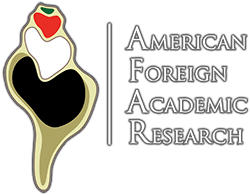Translating In Tróia Can Be Tricky
After a total of four weeks working on the Spain project, I thought that I would be able to transition to the Portugal project without facing a difficult adjustment to a new environment. However, the variety of cultures that gathered to excavate the site in Tróia was baffling to me.
Unlike the Spain project, where I had only spent time working with other American students and English-speakers, the site in Troia was full of archeologists and students from all over the world. One day on site, I could hear Mandarin, English, Portuguese, Spanish, and French being spoken within 100 feet of one another.
On the first day, I was skeptical of the fact that our group planned to excavate a site despite such vast language and cultural barriers. I did not think that we would be able to get much work done if we were constantly pointing at objects and trying to repeat words. However, we quickly fell into a rhythm that was effective because of how much our team was able to work together. Every time I wanted to convey an idea to another person but didn’t know how to say it, someone was always there to help me translate. For example, I wanted to ask a Portuguese conservator a question, but she did not know any English and I did not know any Portuguese. I quickly turned to my friend Cameryn, an excellent Spanish student, who was able to translate my question well enough to get my point across. In the same fashion, I was able to use my knowledge of French to help translate a question to a Portuguese archaeologist who also spoke French.
The ability to communicate with members of such an eclectic group allowed me to learn different archeological techniques that I would not have been able to learn otherwise. For example, I learned how to draw, excavate, and preserve mosaics, and learned how to identify different types of Roman pottery by its shape and texture — all because I was able to communicate with specialists and conservation workers from all over the world.
In a way, the struggle to overcome language barriers actually made me feel more connected to the people I was working with. The teamwork required to work on site kept me engaged and focused, and I believe that I simultaneously improved on my skills in archeology and communication


